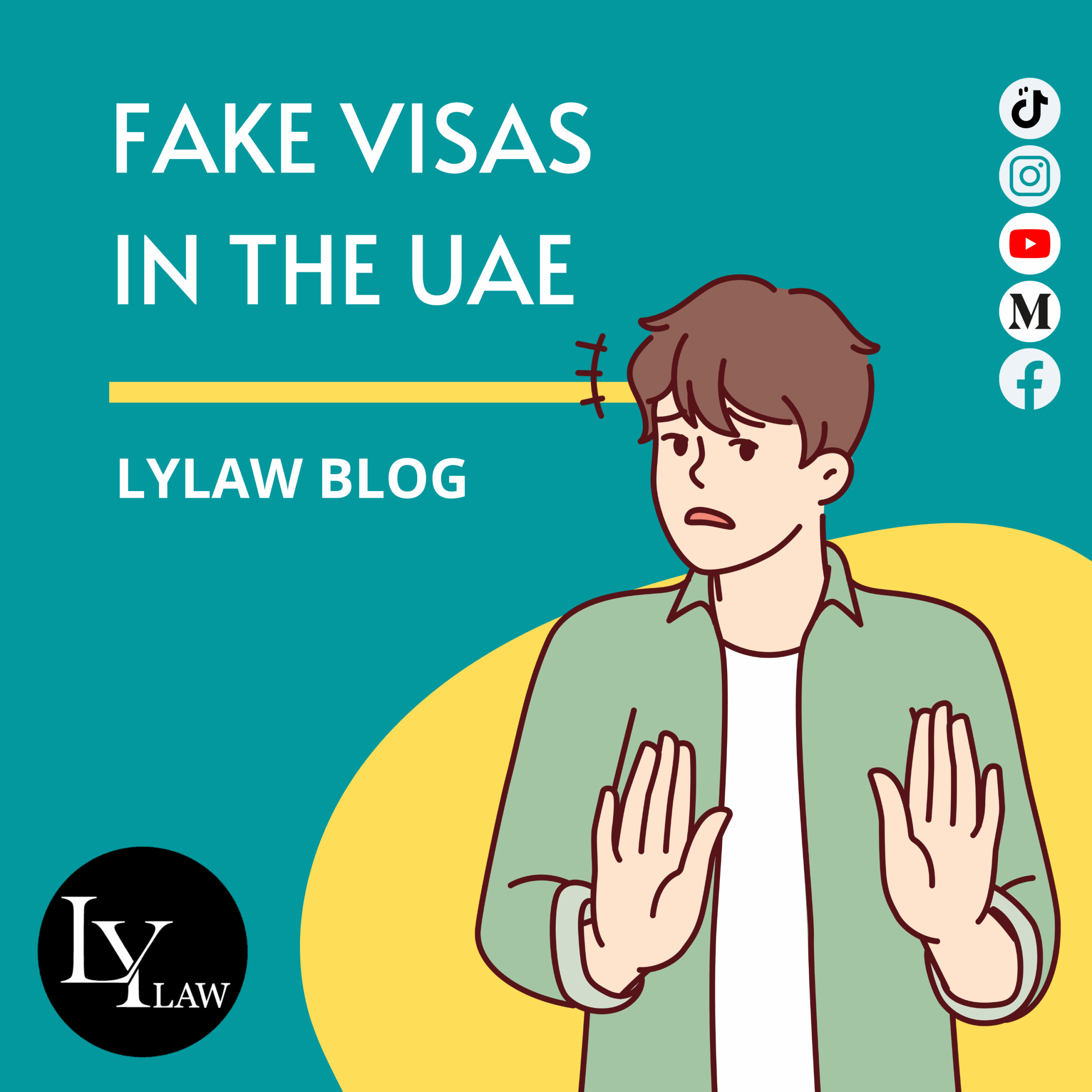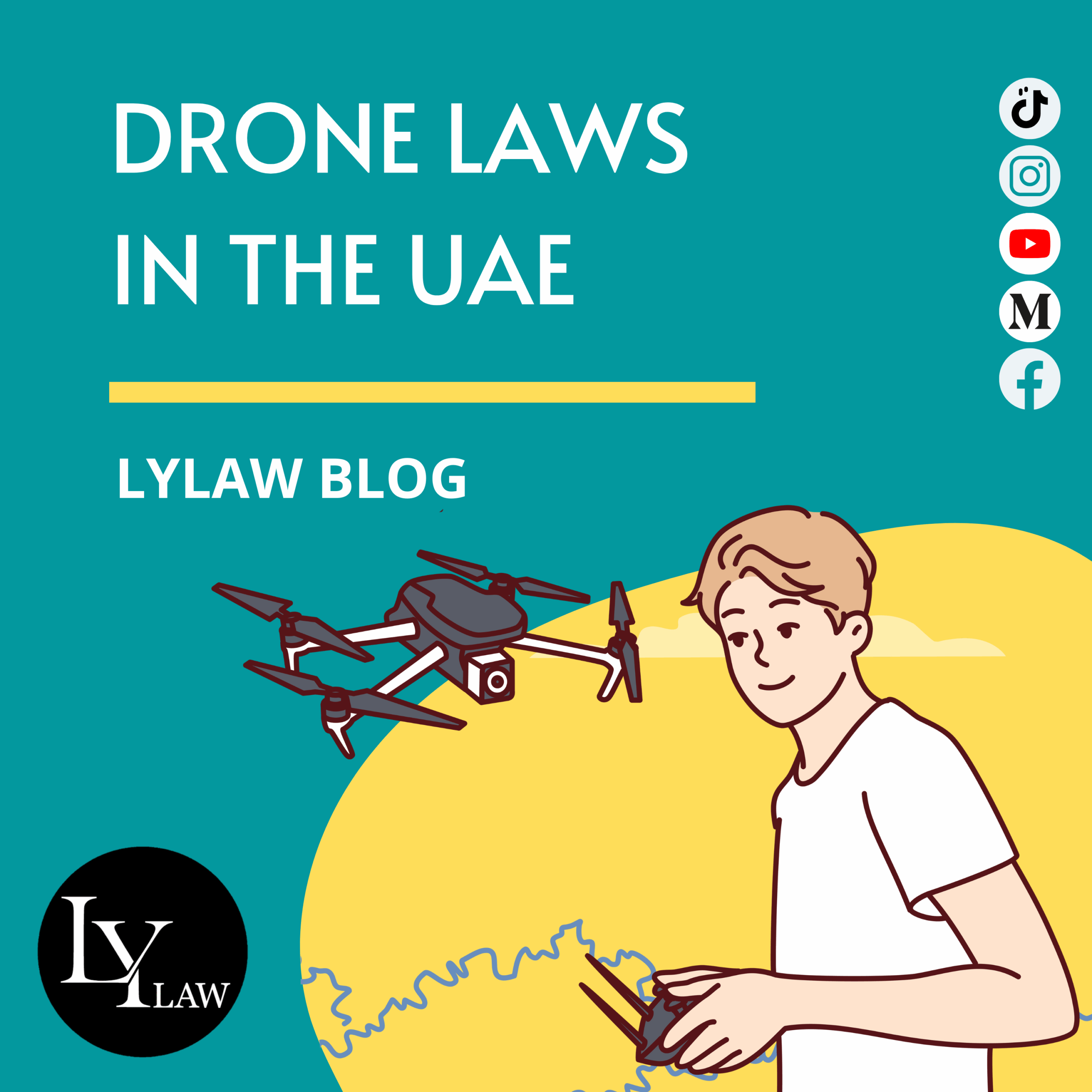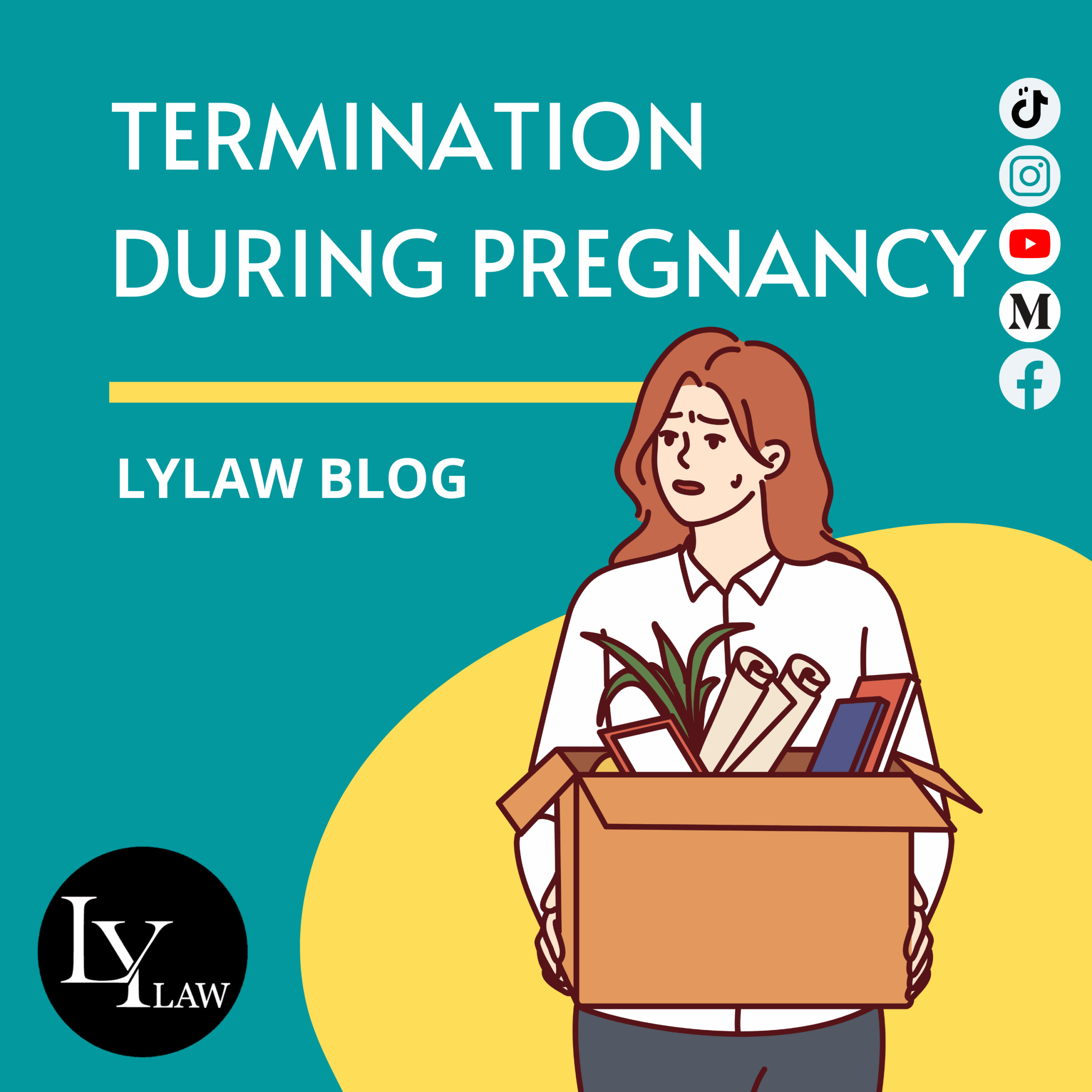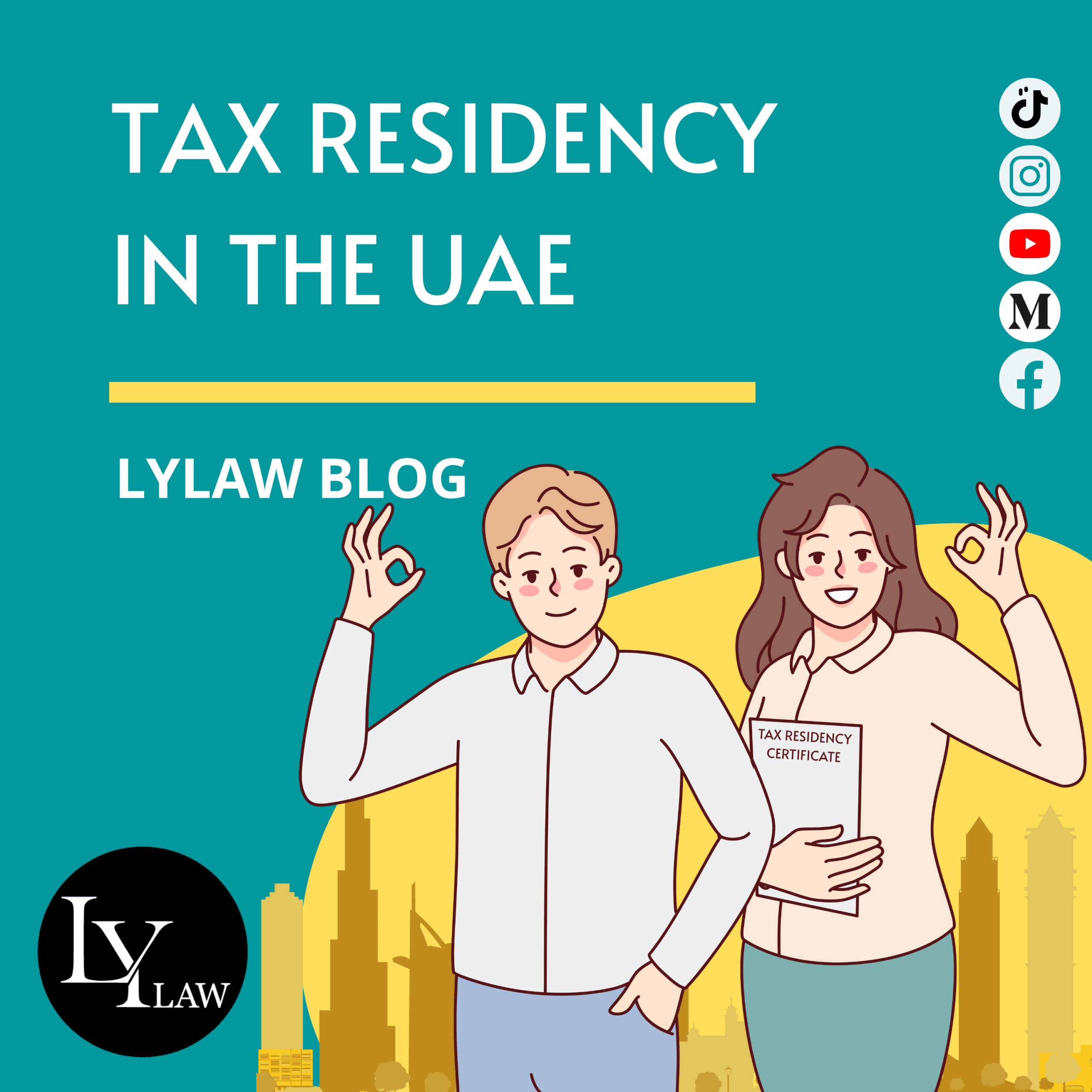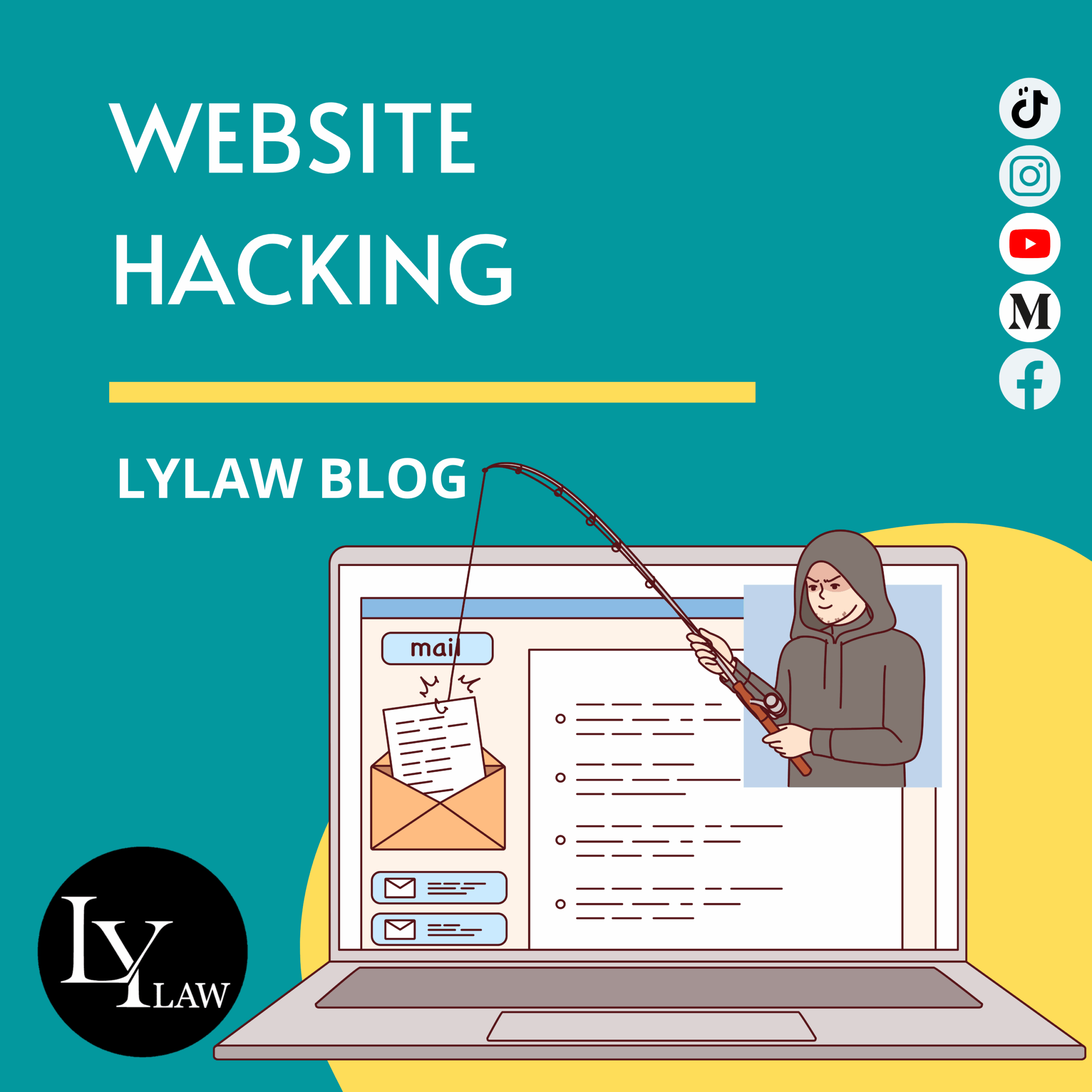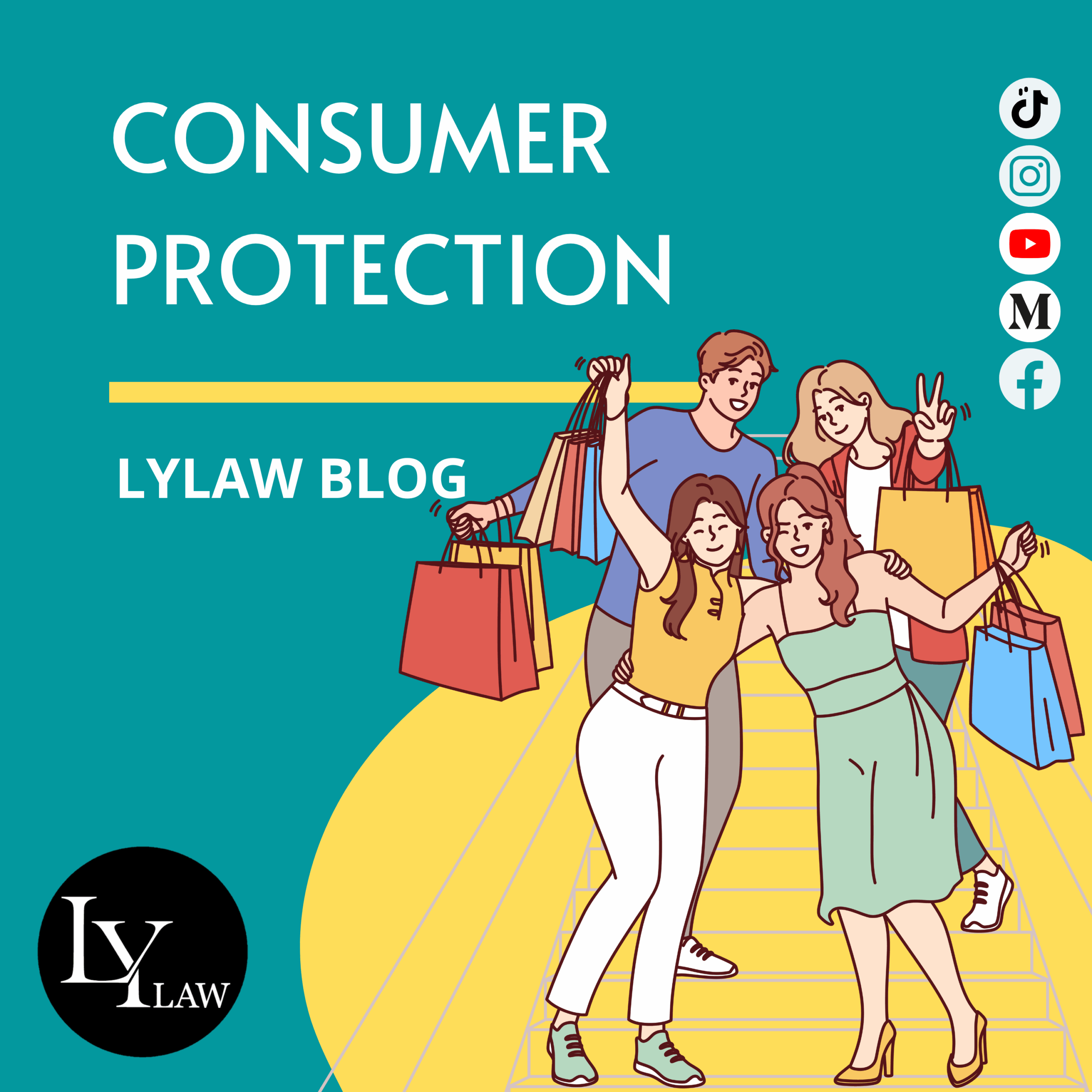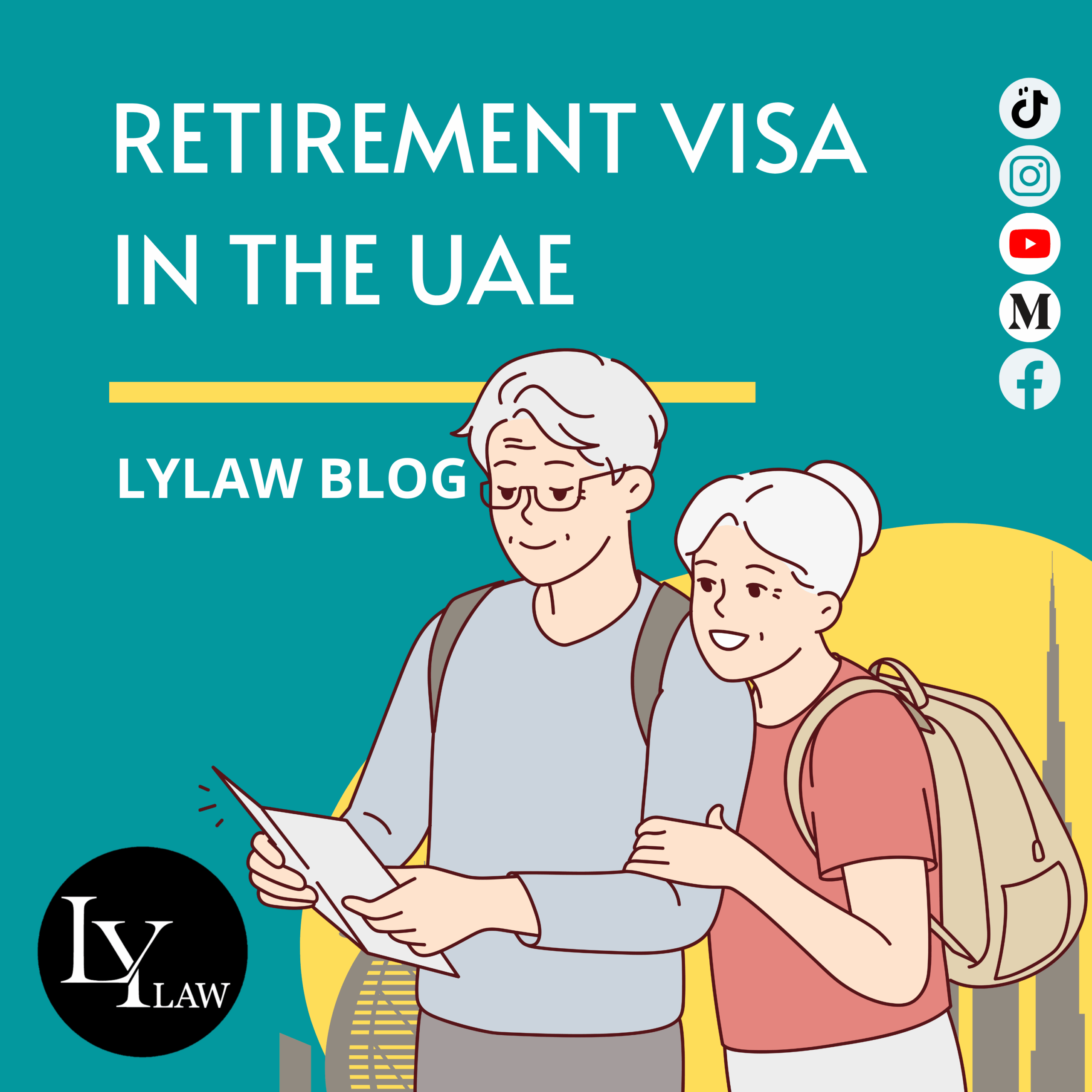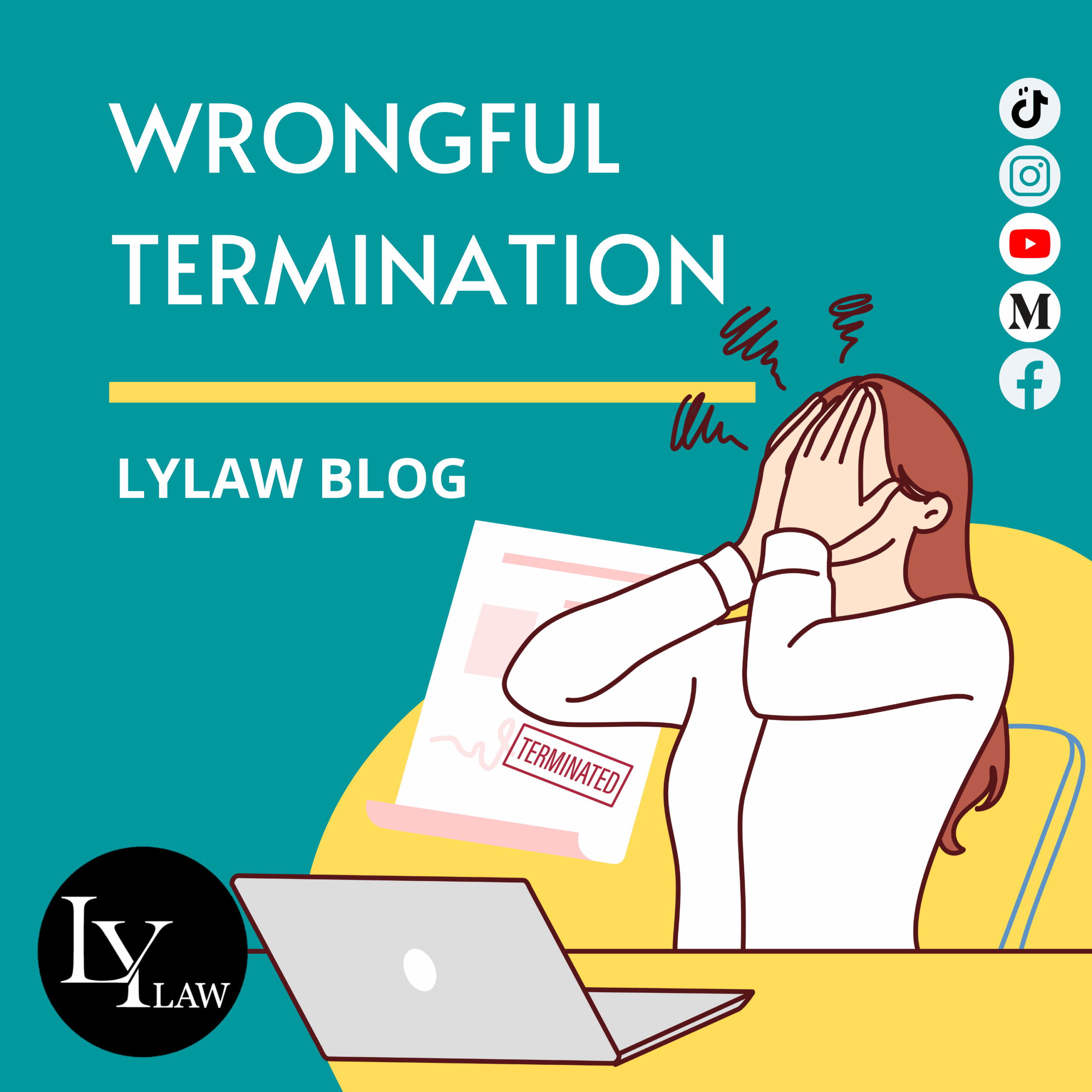In recent years, a troubling trend has emerged — the sale of residence visas. On the surface, these visas may appear legitimate, issued by the UAE government and offering what seems like a simple route to residency. However, in many cases, they are obtained through false, improper, or illegal means. This creates serious legal, financial, and even criminal risks for the individuals involved.
Understanding how these schemes operate, the legal framework governing residence visas, and the potential consequences is essential for anyone considering such an arrangement.
The Legal Basis for Obtaining a UAE Residence Visa
Under Federal Decree-Law No. 29 of 2021 on Entry and Residence of Foreigners, and its implementing regulation — Cabinet Resolution No. 65 of 2022 — a residence visa can only be issued if the applicant qualifies under one of the legally recognised sponsorship categories. These include:
- Employment Visa: This must be sponsored by a licensed company and reflect an actual job role registered with the Ministry of Human Resources and Emiratisation (MOHRE). The position, salary, and duties must correspond with the details on the labor contract.
- Family Visa: A UAE resident may sponsor immediate family members, provided that income and accommodation requirements are met.
- Property Owner Visa: Available in certain emirates to property owners whose property value typically exceeds AED 750,000.
- Golden Visa: A long-term residence permit granted to investors, highly skilled professionals, and individuals with exceptional talents, under Cabinet Resolution No. 56 of 2018, as amended by Cabinet Decision No. 65 of 2022.
- Investor/Partner Visa: For shareholders or owners of licensed UAE businesses, supported by valid incorporation documents and proof of ownership.
Any visa issued outside these frameworks — or without meeting the relevant requirements — is improper and potentially unlawful.
Common and Risky Improper Visa Arrangements
1. Purchasing an Employment Visa Without Real Employment
One of the most widespread illegal practices involves individuals paying for an employment visa from a UAE-based company without ever actually working for that company. In some cases, this is arranged informally through friends, acquaintances, or so-called “agents.”
While the visa may be genuine in the sense that it is issued by UAE authorities, it is based on false information — namely, fictitious employment.
Under UAE law, this is a serious offence. Article 6 of Cabinet Resolution No. 1 of 2022 requires that employment-based residence permits reflect actual employment. Federal Decree-Law No. 33 of 2021 (the UAE Labor Law) further mandates the existence of a valid labor contract, the regular payment of salary through the Wages Protection System (WPS), and proof of actual work being performed.
The penalties under Cabinet Resolution No. 21 of 2023 can be severe:
- Fines of AED 50,000 per employee for employing a worker without a valid permit.
- Fines of AED 50,000 for issuing or using a work permit for a non-existent job.
- Increased fines for repeat offences, potential suspension of the company license, and immigration penalties such as visa cancellation and blacklisting.
In addition to financial consequences, individuals can face deportation orders and criminal prosecution.
2. Receiving a Visa Through a Company You Do Not Control
Another common — and often more complex — scheme involves issuing visas through a company that the visa holder does not actually manage or control.
There have been cases where individuals, seeking an easy route to residency, pay for what is marketed as a comprehensive “visa assistance” package. Without their knowledge, mainland companies are incorporated in their names — often as sole establishments, which offer no limited liability protection. A third-party “manager” is appointed without their consent, and these companies are then used to issue employment visas to unrelated individuals.
When such arrangements inevitably unravel, those named as the company owners can find themselves trapped in a web of obligations. These may include:
- Dozens of employees registered under their companies, sometimes with high declared salaries.
- Expired company licenses and unpaid renewal fees.
- Immigration and labor compliance violations.
- Liability for employee claims and visa overstay penalties.
This type of situation demonstrates how a seemingly simple visa application can escalate into significant legal and financial exposure when proper due diligence is not carried out.
Why Liability Does Not Disappear with an Expired License
A common misconception is that once a company license expires, the obligations end. In reality, this is not the case. Even with an expired license, the company owner may still be responsible for:
- License renewal fees.
- VAT and corporate tax filings under Federal Decree-Law No. 47 of 2022.
- Ongoing compliance with MOHRE’s Wages Protection System.
- End-of-service benefit settlements for employees.
- Visa overstay fines.
For sole establishments, these liabilities extend to the owner’s personal assets, as there is no corporate shield.
Legal Action Against Agents — The Practical Reality
It is theoretically possible to take legal action against agents, middlemen, or service providers who orchestrate these arrangements. However, the practical challenges are significant:
- Identifying the perpetrators: Often, the person the victim dealt with directly is not the legal party responsible.
- Proving the connection: Establishing a clear link between the agent, the company, and the victim can be difficult without proper documentation.
- Proving lack of consent: Demonstrating that company formation or employment activities were carried out without the victim’s consent often requires substantial evidence, such as expert reports and witness testimony.
- Pursuing criminal and civil cases: While a criminal case may result in fines or jail time for the perpetrator, it does not secure compensation. Civil claims for damages are a separate, often lengthy, process.
Many of these schemes are designed to collapse before victims can respond, with perpetrators closing operations, emptying bank accounts, and leaving the country.
How to Protect Yourself
The best defence against these situations is prevention. Before committing to any visa arrangement:
- Understand the visa type and legal basis: Ensure it falls under one of the recognised categories.
- Verify your sponsor: Whether a company, family member, or property ownership, confirm their legitimacy.
- Demand full documentation: Always obtain and retain copies of trade licenses, contracts, and official correspondence.
- Seek professional advice: Engage licensed lawyers or compliance specialists to review arrangements before signing.
Residency in the UAE should be pursued through legitimate, transparent, and verifiable means. Shortcuts that promise quick results without proper legal grounding often carry long-term consequences that far outweigh any perceived convenience.
Final Word
If a visa arrangement seems too easy, too fast, or is explained vaguely, it is a warning sign. In the UAE, what looks like a straightforward residency solution could instead be a legal liability — one tied directly to your name and passport number.
Always rely on qualified professionals and approach residency matters with caution. Doing so will protect not only your legal status but also your financial security and peace of mind.

